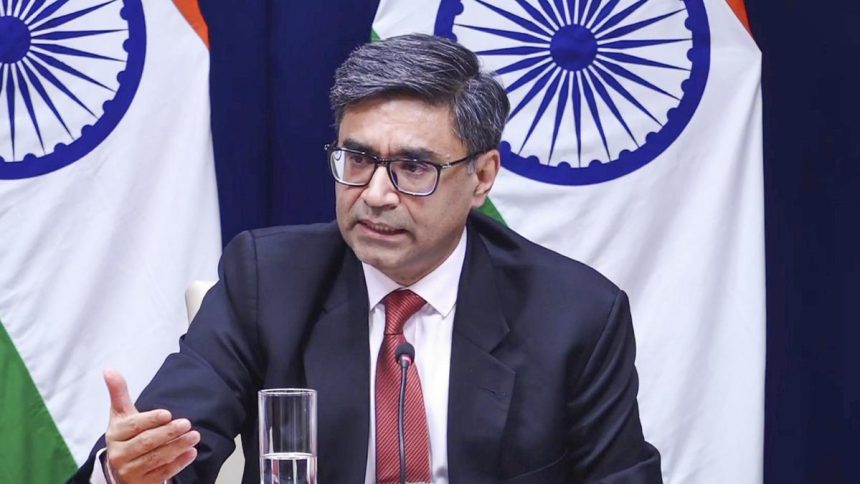Prime Minister Narendra Modi’s highly anticipated state visit to the Maldives on July 25–26, 2025, marks a significant milestone in bilateral relations, with both nations embarking on an ambitious economic and sustainable development agenda. At the heart of the discussions are negotiations for a Free Trade Agreement (FTA) and a comprehensive investment treaty, announced today by India’s Foreign Secretary Vikram Misri, laying the foundation for closer economic integration and mutual prosperity.
In addition to trade and investment talks, both countries are exploring new frontiers of cooperation in renewable energy and fisheries—critical sectors for sustainable development and food security in the Maldives. These initiatives will bolster Malé’s resilience in the face of climate pressures and further develop the blue economy, a key pillar of the Indo-Pacific region’s growth strategy.
This visit arrives at a pivotal moment. While underscoring India’s “Neighbourhood First” policy and the strategic Vision MAHASAGAR—founded on maritime security and sustainable growth—both sides have reaffirmed their dedication to the India-Maldives “Comprehensive Economic and Maritime Security Partnership,” launched during President Muizzu’s state visit to New Delhi in October 2024 . That visit saw India extend substantial economic relief, including a $400 million currency swap and rollover of Maldivian treasury bills, reinforcing its role as a trusted economic partner.
The timing is opportune: Modi travels to the Maldives fresh from securing a landmark Free Trade Agreement with the United Kingdom—set for signing in London on July 24—which is expected to significantly reduce tariffs and deepen economic collaboration across multiple sectors . This momentum underscores India’s broader trade ambition and diplomatic weight in the region.
As Prime Minister Modi graces the 60th Independence Day celebrations in Malé as Chief Guest, the visit is not merely symbolic. Observers anticipate substantive deliverables: formal commencement of FTA negotiations, framework outlines for investment cooperation, and potential MoUs in green energy and fisheries management. The formal economic pact is expected to unlock reduced trade barriers, attract investment into Maldivian infrastructure, tourism, and renewable-tech projects, and support India’s emerging green-tech sector.
Moreover, deeper collaboration in fisheries management aims to bolster Maldivian exports, enhance food security, and introduce sustainable practices—initiatives already backed by SAFTA mechanisms and growing trade connectivity, such as the direct cargo ship service between India and the Maldives . Simultaneously, green-energy cooperation—rooted in India’s expertise in solar and energy efficiency—will support the Maldives’ ambitious target of achieving net-zero emissions by 2030.
What to Expect From the State Visit:
- Launch of formal Free Trade and Investment Treaty negotiations.
- MoUs and technical collaborations in renewable energy and fisheries.
- Possible announcements of new financial arrangements, such as lines of credit or currency swap enhancements.
- Strengthened cooperation on maritime security, environmental resilience, and capacity-building.
This visit reiterates India’s commitment to strategically investing in its Indian Ocean neighbourhood—not only through diplomacy but through concrete economic, environmental, and security partnerships. For the Maldives, it represents a unique opportunity to amplify trade, secure sustainable growth, and diversify its economic foundation. And for India, it reaffirms its role as the region’s anchor of stability, prosperity, and green innovation.
As the scope of cooperation expands, the Maldives stands poised at a transformative crossroads—with India as both partner and enabler on the path to a resilient, maritime-focused future.




